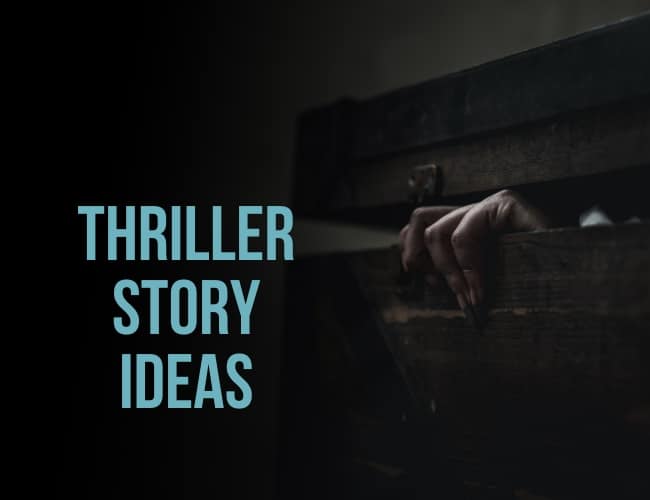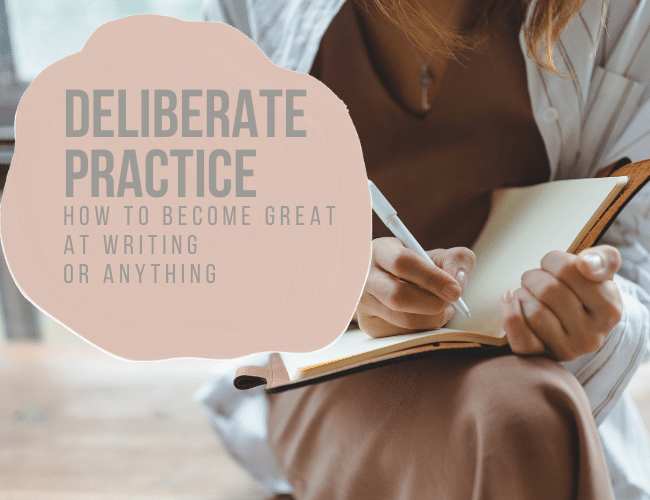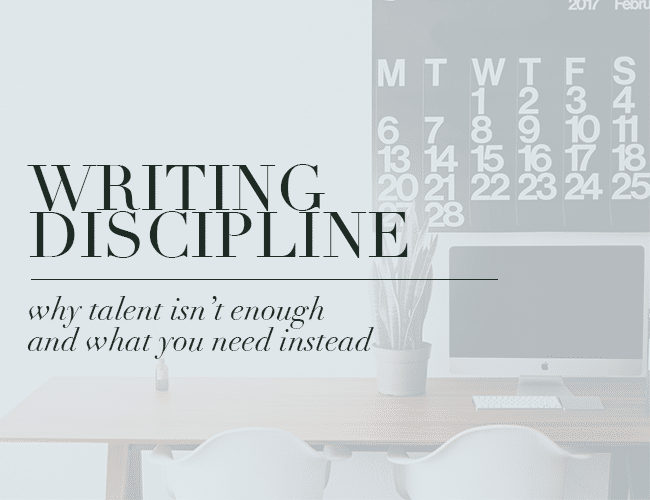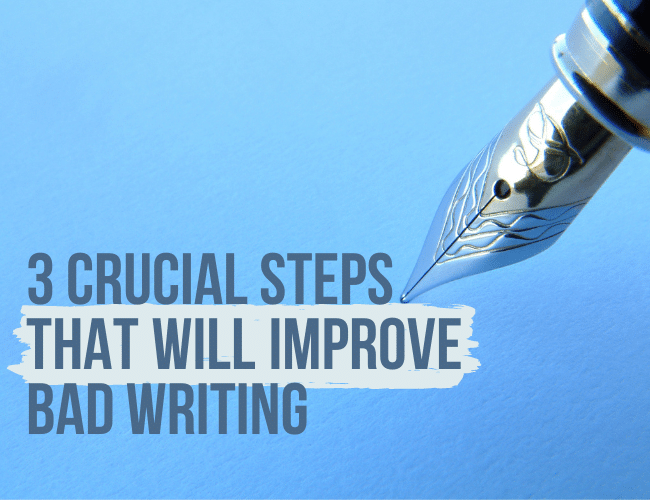
by Sue Weems |
A little over ten years ago, I had almost a decade of English teaching experience, a couple years paid freelance writing work, several creative writing university courses under my belt, and a few small publications in poetry and nonfiction. A friend’s mom, Mae, had written a query letter for her second novel. She asked me to read it and give her some writing feedback. What could go wrong?
When Mae asked, I had not attempted to write an entire novel or a query letter. I had read thousands of novels and a few letters, but I had not studied the structure and requirements of each. I assumed writing was writing. Surely with a degree in English and a little experience, I was qualified to give good feedback?
Nope. Not even close.

by Ruthanne Reid |
The thriller genre is wildly popular. Thrillers are like mysteries, but with a super dose of suspense, action, and anticipation for the reader. Here are some thriller story ideas to help you start crafting your own fast-paced thriller today!

by Sue Weems |
C.S. Lewis wrote over 30 books in a variety of genres. If we cornered C.S. Lewis on writing, what advice would he give? And would it still be relevant for us today?

by Joe Bunting |
How do you become truly great at something, one of the best in the world? Or at least better than you are?
Many people believe that greatness comes from talent and natural inclination. They believe that great athletes and artists are born, not made, and so what’s the point in trying if you’re not naturally talented?
I used to believe that, too, but everything changed for me when I discovered practice, the idea that not only can you become great through your own efforts, but that all of the best writers, musicians, painters, and athletes in the world have done the same.
In this guide, we’re going to be exploring how you can become a better writer by following the principles of deliberate practice (this is The Write Practice, after all), but generally, how you can improve your skill level in any field.
We’ll look at the four components of deliberate practice that will make your practice time actually work. Finally, we’ll get a chance to start actually practicing our writing through a creative writing exercise.
Ready to accomplish your writing goals? Let’s get started!

by David Safford |
We think that we need talent in order to be successful writers—or musicians, or golfers. But the truth is, writing, like any other skill, is learned and improved through daily discipline. Are you maintaining the disciplines you need to become a successful writer?

by Jeff Goins |
Our parents told us to try our best. Whether at school or Little League, we were encouraged to give it our all, and that was enough to make them proud.
But the truth is there are different kinds of trying, and not all efforts are equal. In order to achieve excellence, we need to practice deliberately.





